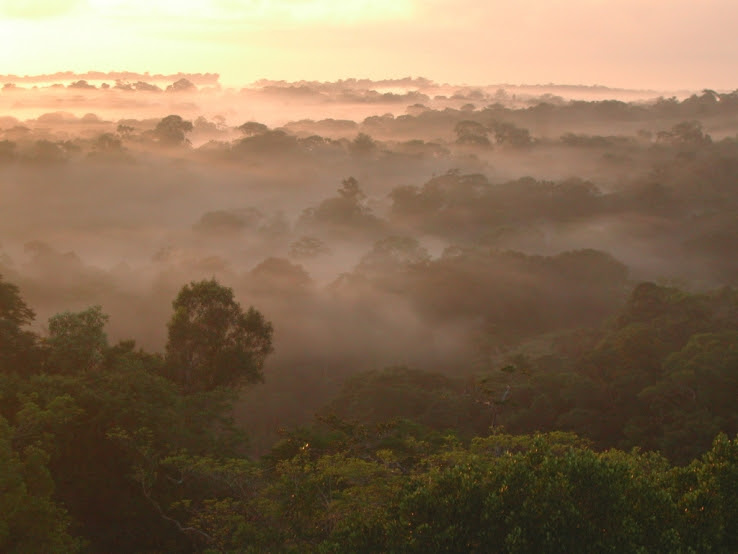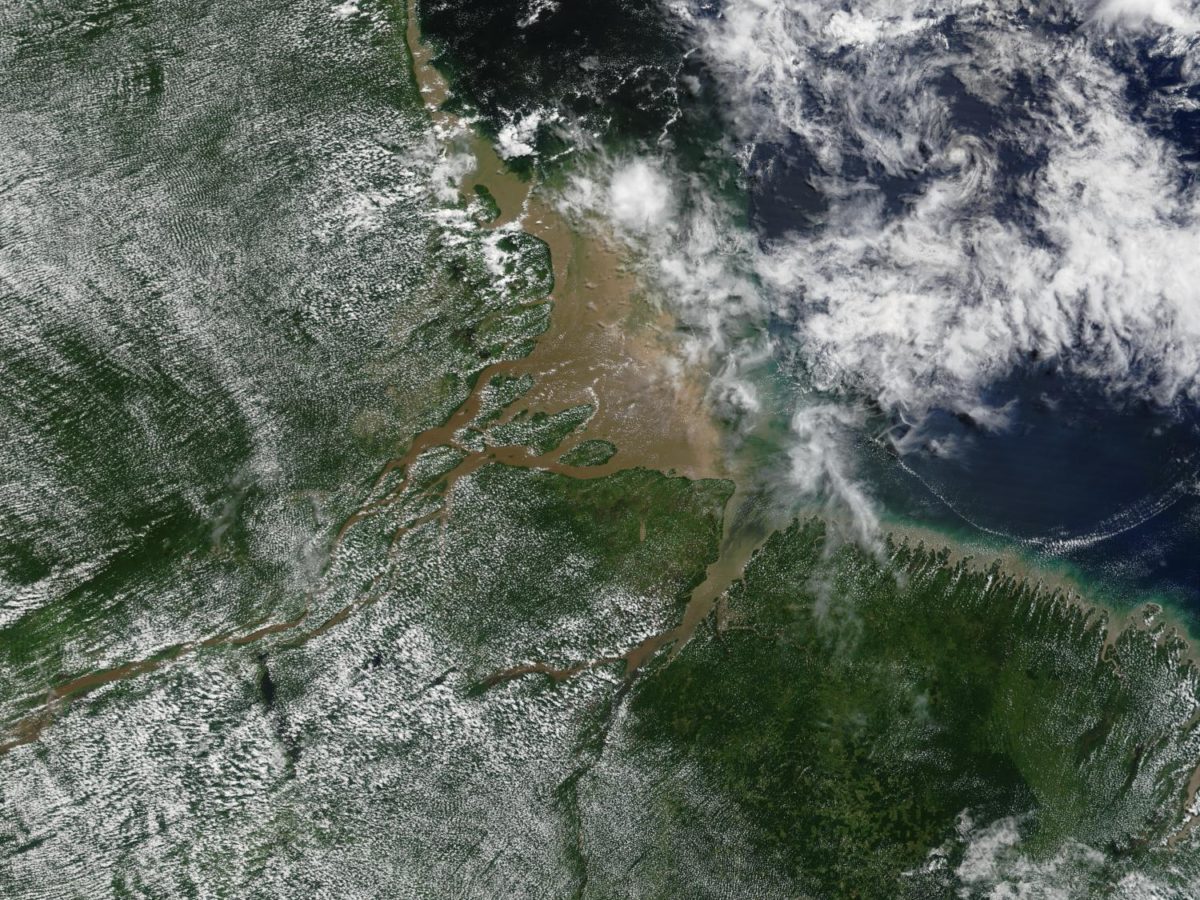“Plants are really the thermostat of the world.” #BioticPump #GaiaHypothesis
Occasionally things slip past the GroupThink filter, things which most researchers kinda sorta know, but tend to downplay, perhaps because they lead into unfashionable terrain like, say, the Gaia Theory, or in other cases, because the physics of climate is just too darn complex as it is, without tossing in the global biome to boot.
“…vegetation plays a dominant role in Earth’s water cycle and … plants will regulate and dominate the increasing stress placed on continental water resources in the future.”
Plants AND fungi AND microbia, in tandem, we would add.
Strictly speaking, the researchers behind the study below are (probably) not meaning to invoke Gaia, but the research indirectly supports it’s core vision — life is a geological-scale force on Earth, one driver of climate, among others, and seems to regulate the environment to keep it mostly within bounds suitable for life.
With the caveat that this new study, like many, is based on models… (what exactly is the scientific “Truth-Value” of model-based research, anyways? But that is a whole other tangent.)
Not to forget, water / humidity is also the primary conduit of heat in the atmosphere, and vastly largest GHG, far dominating CO2 (4%-.25% H2O vs. .004% CO2).
“Our finding that vegetation plays a key role future in terrestrial hydrologic response and water stress is of utmost importance to properly predict future dryness and water resources,” says Gentine, whose research focuses on the relationship between hydrology and atmospheric science, land/atmosphere interaction, and its impact on climate change. “This could be a real game-changer for understanding changes in continental water stress going into the future.”
Gentine’s team is the first to isolate the response of vegetation from the global warming total complex response, which includes such variables for the water cycle as evapotranspiration (the water evaporated from the surface, both from plants and bare soil) soil moisture, and runoff. By disentangling the vegetation response to the global rise of CO2 from the atmospheric (greenhouse gas) response, they were able to quantify it and found that the vegetation actually is the dominant factor explaining future water stress.
“Plants are really the thermostat of the world,” says Léo Lemordant, Gentine’s PhD student and lead author of the paper. “They’re at the center of the water, energy, and carbon cycles. As they take up carbon from the atmosphere to thrive, they release water that they take from the soils. Doing that, they also cool off the surface, controlling the temperature that we all feel. Now we know that mainly plants — not simply precipitation or temperature — will tell us whether we will live a drier or wetter world.”
New study shows vegetation controls the future of the water cycle
Original paper, Related Study by same authors
Lemordant doesn’t give an explicit salute to either Gaia Hypothesis or Biotic Pump, two complementary paradigms that long-predate this current research.
(As, ahem, the editors of Neelu have been promulgating in socialmedialand for nigh unto 7 years now.)
Cf Makarieva-Gorshkov, Margulis, W. Jehne, Tom Goreau … more posts coming aggregating all this #bioticpump info… Douglas Sheil, who gives a good overview in the YouTube Video and paper below, collaborates with Makarieva, Nobre, Bunyard and other researchers on deforestation and the Biotic Pump Effect:
Do Forests Attract Rain? (YT)
Forests, atmospheric water and an uncertain future: the new biology of the global water cycle
Tom Goreau on Floresta de Tujuca





Pingback